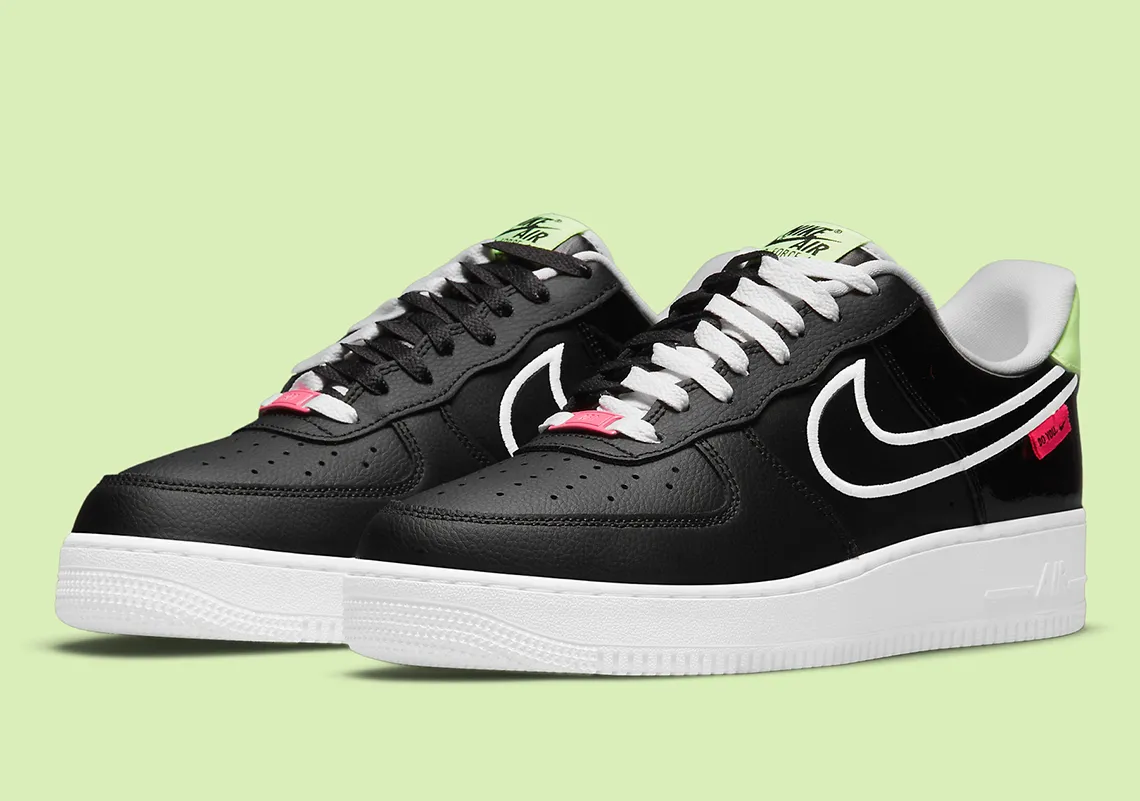
VCG via Getty Images
If the surprising new Huawei speculation is to be believed, it could be a nightmare scenario for Google. It’s clear now that the world’s second largest smartphone maker, with some 600 million users on its ecosystem, has declared battle with Android. This, it says, it a “fight” it will win. Until now Google has been fairly ambivalent—the U.S. has cut Huawei’s access to premium chipsets, signalling a steep decline in Huawei smartphones next year. But that might be about to change.
Now, according to the Financial Times, “tough U.S. sanctions this year against [Huawei] could be less threatening to its overall business than previously thought,” and according to analysts, “the company’s important smartphone arm might have a chance to recover.” Less threatening to Huawei means more threatening to Google and its lock on the worldwide Android ecosystem.
First thing first—no-one knows whether this is true or not. One suspects that even the Commerce Department is subject to the vagaries of White House policy setting when it comes to Chinese tech in general and Huawei in particular. And next week’s election will be a critical factor.
Should Trump win, Huawei will expect little respite, and that might prompt an Honor sale, maybe even a break-up into a number of less threatening mini-Huaweis. But should Biden win, while there’s little chance of a major U- turn, there could be a change of emphasis. Remember, much of U.S. tech is lobbying hard for Huawei. It’s also clear that Huawei, backed by China, is searching for a domestic solution to the chipset restrictions, one that’s free from dependence on U.S. tech
Regardless, it’s now almost inevitable that the world’s mobile ecosystems have changed irreversibly. The Android/iOS dominance that looked unshakable when Trump announced his blacklist in May last year is now being shaken—hard. Huawei has cemented its global second place for smartphone shipments, with only Washington’s chipset sanctions looking likely to knock it down. Huawei even took the top spot for a while, earlier this year, buoyed by China’s recovery from the first coronavirus market impact.
But there are two brand new, post-blacklist factors that are both potential game-changers. First is the sharp rise of other Chinese smartphone brands in key export markets, initially propelled by Google-less Huawei’s user churn, but now driving their own momentum. Xiaomi has been on a tear for some time, having moved quickly to replicate Huawei’s export success. The smaller Chinese player has just overtaken Apple to take the third spot globally behind Huawei—that’s a major change. But there’s also BBK, the Chinese giant behind Oppo, Vivo, OnePlus and RealMe, which is now seeking to follow suit.
Second, there’s Huawei’s blacklist response—the combination of HarmonyOS, its Android OS alternative and HMS, its Google Mobile Services replacement. Until the latest sanction speculation, the HarmonyOS threat to Android was tempered by the chipset sanctions. But if Huawei’s smartphone sales can recover, that materially changes. Furthermore, Huawei has now confirmed that HarmonyOS will be available as an open-source OS, pushed at other Chinese OEMs, to build bridges, Huawei says, between China and the West.
So, now this gets interesting. Because the other actor in play here is China. The country now has two of the top three smartphone manufacturers, a stated intent to push domestic capabilities at the expense of imports, and Huawei fast building an ecosystem that it says will compete with Android and iOS, to create a third global OS for the industry.
With each passing month, Huawei’s ecosystem pushed further into Google territory. We now have multiple mapping options, for example, to replace Google Maps. And now, critically, we also have a search alternative as well. This is beginning to feel more like the real thing. Yes, Huawei is short on apps and a global developer network, but it’s ploughing in money to its community and it knows consumers worldwide want its recipe of premium smartphones for less—a recipe now being replicated by those other Chinese OEMs.
Ironically, Huawei itself is now under threat from the growth of its domestic competitors. It has built a dominant market share in China under the blacklist—Google is banned and so its loss has had no impact. But in the most recent quarter, Huawei saw its shipments decline for the first time in six years, falling around 18% year-on-year.
This was not surprising. Huawei’s domestic market share will fall sharply absent any relaxation of chipset sanctions next year anyway. As market analyst Canalys points out, “if the position of the U.S. administration does not change, Huawei will attempt to pivot its business strategy, to focus on building the [Harmony] OS and software ecosystem, as the Chinese government is eager to nurture home-grown alternatives to global platforms.”
And it’s this last point that’s so critical. As I’ve commented before, the legacy of Trump’s blacklist on Huawei will inevitably be change in the global smartphone industry. The risk has always been that the U.S. loses its lock on global standards and staple software, maintained by Google’s and Apple’s dominance. Suddenly that’s looking under serious threat.
“The world is looking forward to a new open system,” Huawei chairman Guo Ping said just a few weeks ago. “And since Huawei helped Android to succeed, why not make our own system successful… it’s plausible to have two systems in a world. And Huawei will be able to survive and take the lead even in an extremely hostile environment.”
The Link LonkNovember 01, 2020 at 06:00PM
https://ift.tt/324quY1
Huawei’s New ‘Fight’ With Google To Beat Android Is Suddenly More Threatening - Forbes
https://ift.tt/3eIwkCL
Huawei

No comments:
Post a Comment